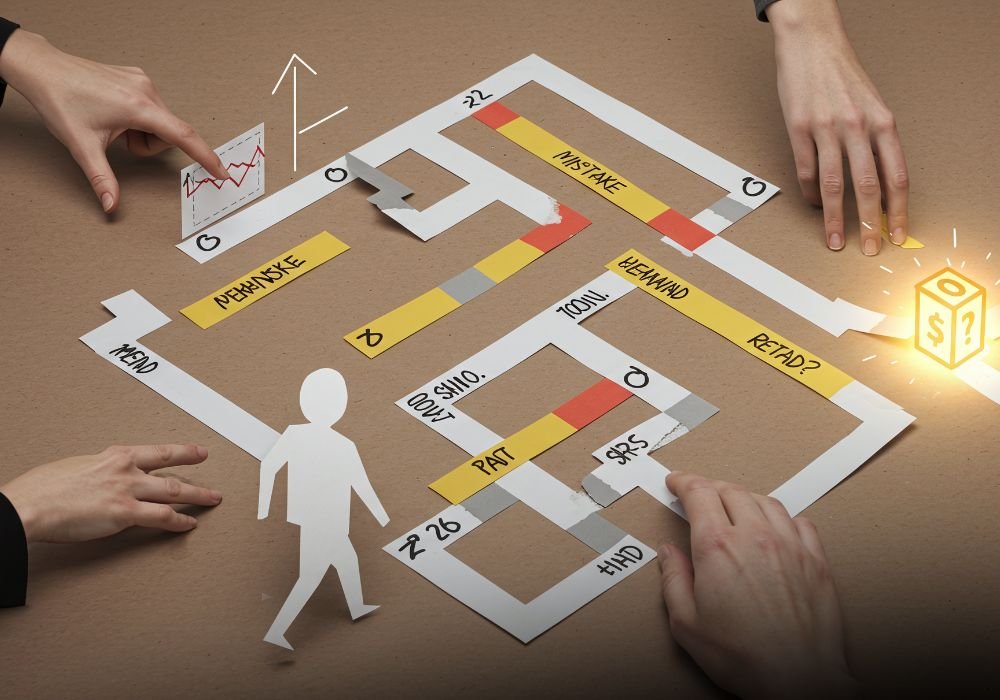Adolf Hitler. A name that instantly brings to mind war, cruelty, and one of the darkest times in history. He was the leader of Nazi Germany and responsible for World War II and the Holocaust. But aside from his actions, people are often curious about something else: how rich was Hitler?
Let’s break it down and look into Adolf Hitler’s net worth, his income sources, and how he lived. But remember, this isn’t meant to glorify him. This is just information. Because history isn’t just about events — it’s also about the people behind them.

Early Life: Poor Start
Hitler was born on April 20, 1889, in a small town in Austria. His father was a customs officer, and the family was not wealthy. He struggled in school and had a big dream of becoming an artist.
He applied to the Academy of Fine Arts Vienna twice — and was rejected both times. That failure haunted him for years. He later moved to Germany, where his life took a different turn.
He became a soldier in World War I, and after the war ended, he entered politics. That’s where everything changed.
The Rise to Power: From Nobody to Führer

In 1919, Hitler joined a political party — the German Workers’ Party. That small group would later become the Nazi Party. Hitler stood out for his loud speeches, extreme views, and ability to stir up a crowd.
By 1933, he became Chancellor of Germany. Within a year, he had taken total control and declared himself Führer — meaning “leader.”
With power came money. A lot of it.
How Much Was Adolf Hitler’s Net Worth?
It’s hard to get exact numbers because Nazi Germany wasn’t exactly open with its financial records. But historians estimate Hitler’s net worth in today’s money would be anywhere from $5 million to $20 million USD at the peak of his power.
Some say it might have been even more.
His money came from several sources, including:
- His book
- His salary
- Donations and gifts
- Use of government funds for personal use
Let’s look at these one by one.
Money from “Mein Kampf”
While in prison in 1924 (after a failed coup), Hitler wrote Mein Kampf (“My Struggle”). It was a mix of autobiography and political ideas.
At first, the book didn’t sell well. But once Hitler became powerful, everything changed.
The government started giving free copies to newly married couples, soldiers, and civil workers. That boosted sales.
By 1945, over 12 million copies had been sold.
Experts say Hitler made 3 to 4 million Reichsmarks from the book. That’s equal to tens of millions of dollars today. Not bad for a book full of hate.
Salary as Chancellor and Führer
When Hitler first became Chancellor, he had a salary of around 150,000 Reichsmarks a year. That would be about $1.5 million today.
But here’s the twist — later, as Führer, he stopped taking a salary. Instead, he lived on:
- Book royalties
- Gifts from supporters
- “Donations” from wealthy businessmen
- Government-paid luxuries
He acted like he was a man of the people, but he wasn’t living poor.
Lavish Lifestyle Behind Closed Doors
In public, Hitler kept a simple image. He wore plain clothes, didn’t smoke or drink much, and spoke about hard work and sacrifice.
But behind the scenes, things were different.
He owned multiple homes, including:
- The Berghof – a massive mountain estate in the Bavarian Alps
- The Reich Chancellery – his grand residence in Berlin
He traveled in custom-built Mercedes-Benz cars. He had a personal chef, fine suits, art collections, and even a private movie theater.
None of it came from humble savings. Most of it was paid for using public money.
Free from Paying Taxes?
Here’s another surprising fact: Hitler didn’t pay taxes after becoming Chancellor.
The German tax office once tried to make him pay over 400,000 Reichsmarks in back taxes. But the demand was canceled. Why? Because by then, Hitler had taken over the entire system. He was above the law.
So, not only did he earn millions — he kept nearly all of it.
Gifts from Business Tycoons
Many powerful business leaders in Germany supported Hitler. Why? Because he promised to rebuild the economy, create jobs, and keep communism away.
In return, these businessmen gave Hitler expensive gifts and money.
For example, leaders from companies like IG Farben, Krupp, and BMW made generous donations. Some even built factories to help Hitler’s war machine — and benefited from government contracts.
It was a two-way deal: support for profit.
Did He Leave Any Inheritance?
No. When Hitler died by suicide in April 1945, he left no wealth to anyone.
His estate was supposed to go to the Nazi Party, but the party collapsed immediately after his death. Allied forces took over, and any remaining property or money was seized.
Also, Hitler had no children, so there was no one to inherit anything. His closest relatives stayed quiet and tried to distance themselves from his name.
Some of them even changed their last names to hide the family connection.
Final Thoughts: What Can We Learn?
Adolf Hitler’s wealth shows something important. Power and propaganda can be used to build massive personal wealth — even in the middle of war, destruction, and death.
He used his book, position, and influence to gather money, property, and luxuries. And he did it while millions of people suffered.
In the end, his net worth may have been high, but it means very little compared to the damage he caused.










